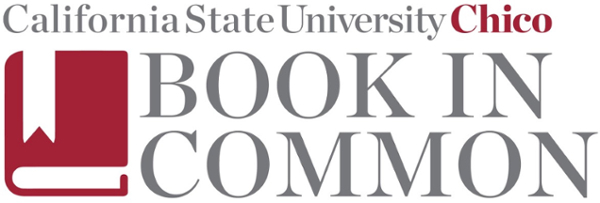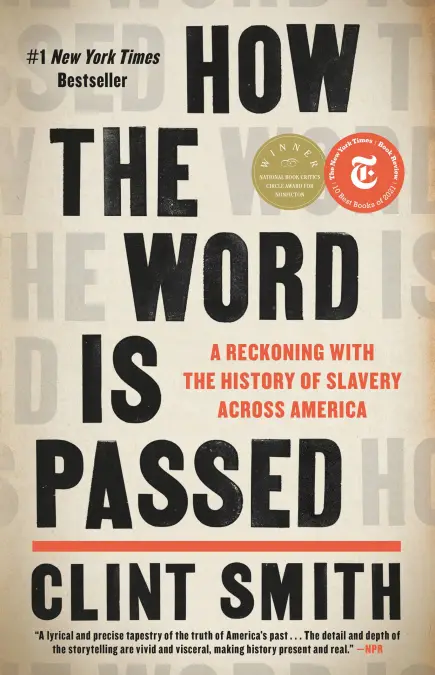- The opening of the chapter is so powerful: "MY GRANDFATHER'S GRANDFATHER WAS ENSLAVED" (p.270). How does this statement change - or deepen - the way that memory and history has been described throughout the book.
- This is a chapter about family history ("the best primary sources are often sitting right next to us"). Do you know your family's history? If not, how might Smith's interactions with his grandparents be instructive about how to approach family history?
- Thinking back to the Monticello chapter, reflect upon the statue of Thomas Jefferson at the National Museum of African American History and Culture (NMAAHC).
- On p.276, Smith describes his grandfather "unearthing" memories. This is an interesting way to think about Smith's process in each chapter of How the Word is Passed. How so? And what specific memories were "unearthed" by his grandfather.
- How does the personal memory of Smith's grandmother about her grandfather on a segregated bus influence the way that you think about the history of segregation in the United States (p.281), since, as Smith says "it is not that any of these stories were new."
- Throughout the book, but especially in the epilogue, Smith experiences a feeling of time collapsing in on him (p.285). Can you describe this feeling? Have you experienced it? Does Smith's experience come through in these pages?
- Discuss the "I lived it" paragraph at the bottom of p.287 and relate what Smith "heard" to his hopes throughout the book for America's reckoning with the history of slavery across America.
- In the last sentence of the epilogue, Smith returns to the word "reckoning" in the title of the book. What would reckoning look like? At each of the places that he visited? In your life?
Epilogue
Discussion Questions
Resources
Recommendations? Email bic@csuchico.edu


